Centro de recursos
A partir de ahora, AARP realizará aquí una teleasamblea semanal en vivo sobre el coronavirus los jueves a la 1 p.m., hora del este. Marca esta página y únete a nosotros todas las semanas para informarte de las últimas novedades sobre el coronavirus llamando gratis al 855-274-9507.
El coronavirus y los veteranos


Membresía de AARP: $15 por tu primer año cuando te inscribes en la renovación automática.
Obtén acceso inmediato a productos exclusivos para socios y cientos de descuentos, una segunda membresía gratis y una suscripción a AARP The Magazine.
Únete a AARP
Los expertos contestaron tus preguntas y hablaron sobre cómo navegar los beneficios y servicios médicos en el Departamento de Asuntos de Veteranos (VA) y con los proveedores generales de atención médica. Descubre cómo coordinar el apoyo para cuidadores y mantenerte en contacto con tus seres queridos en los centros de cuidados a largo plazo del VA. También ofrecieron consejos sobre cómo administrar tus finanzas y obtener acceso a los beneficios por desempleo y los pagos de estímulo. Proteger tu bienestar y mantener aguda la mente a la vez que controlas el estrés, la ansiedad y otros efectos negativos del distanciamiento físico.
Si no pudiste conectarte a la teleasamblea escucha una repetición en el vídeo a continuación.
Conoce a los expertos
- Rashi Venkataraman Romanoff, vicepresidente de programas y alianzas, Fundación Elizabeth Dole
- Lynda Davis, Ph.D., oficial principal para experiencia de veteranos, Oficina de Asuntos Públicos e Intergubernamentales, Departamento de Asuntos de Veteranos de EE.UU.
- Charlie Koon, vicepresidente de Desarrollo Corporativo y Militar, F&M Bank
Para más información visita AARP.org/elcoronavirus










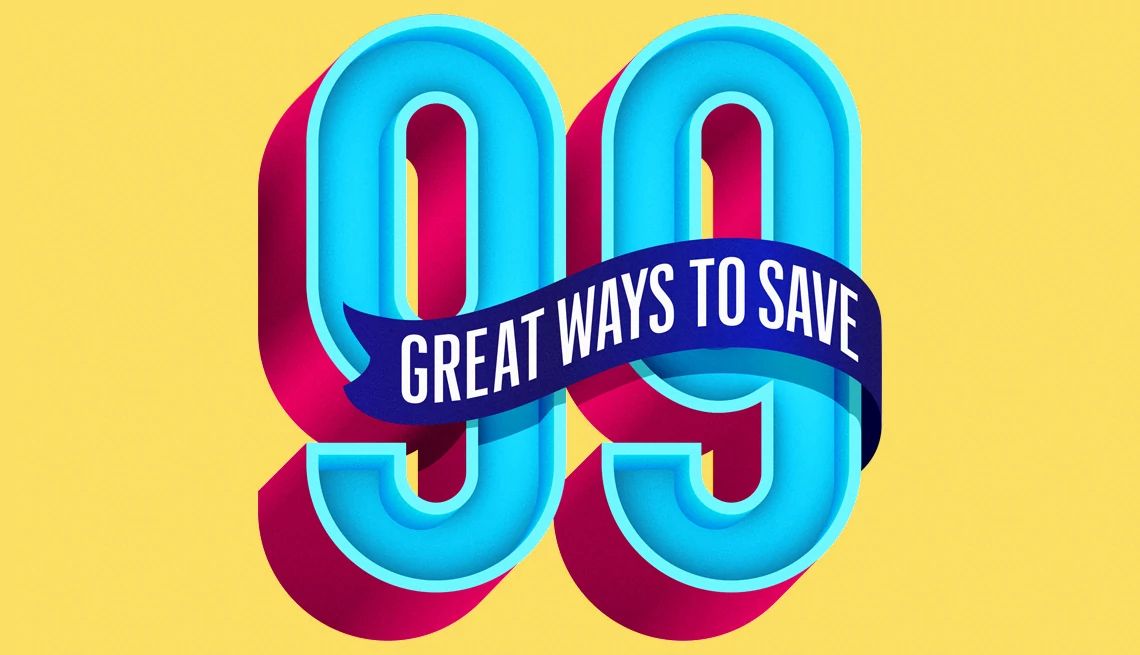

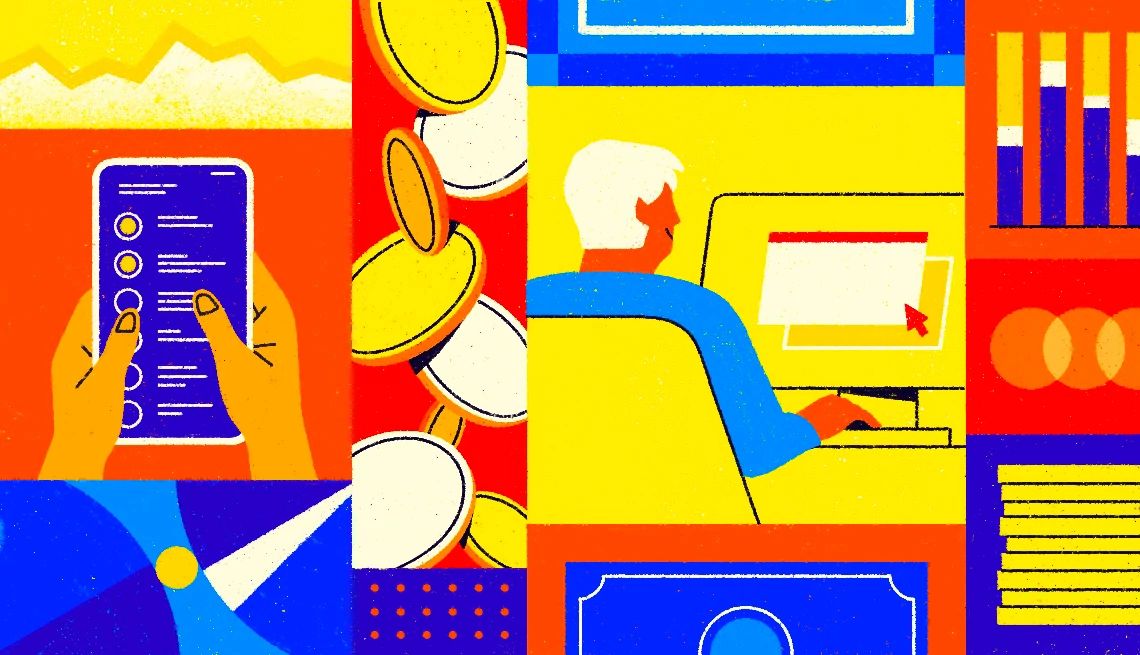
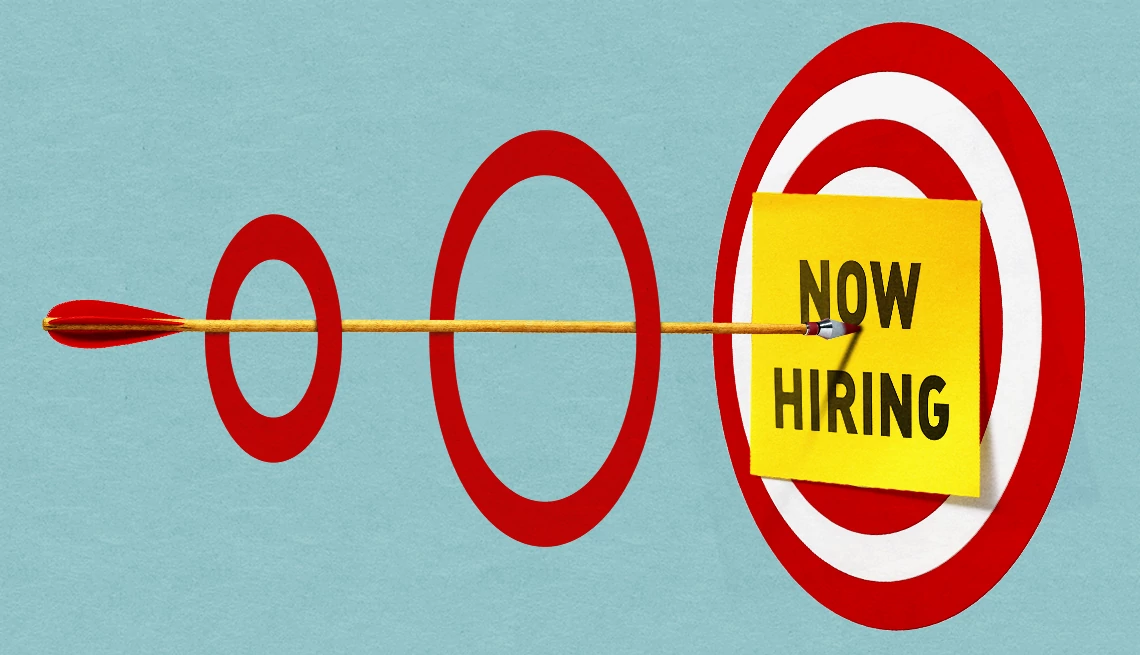




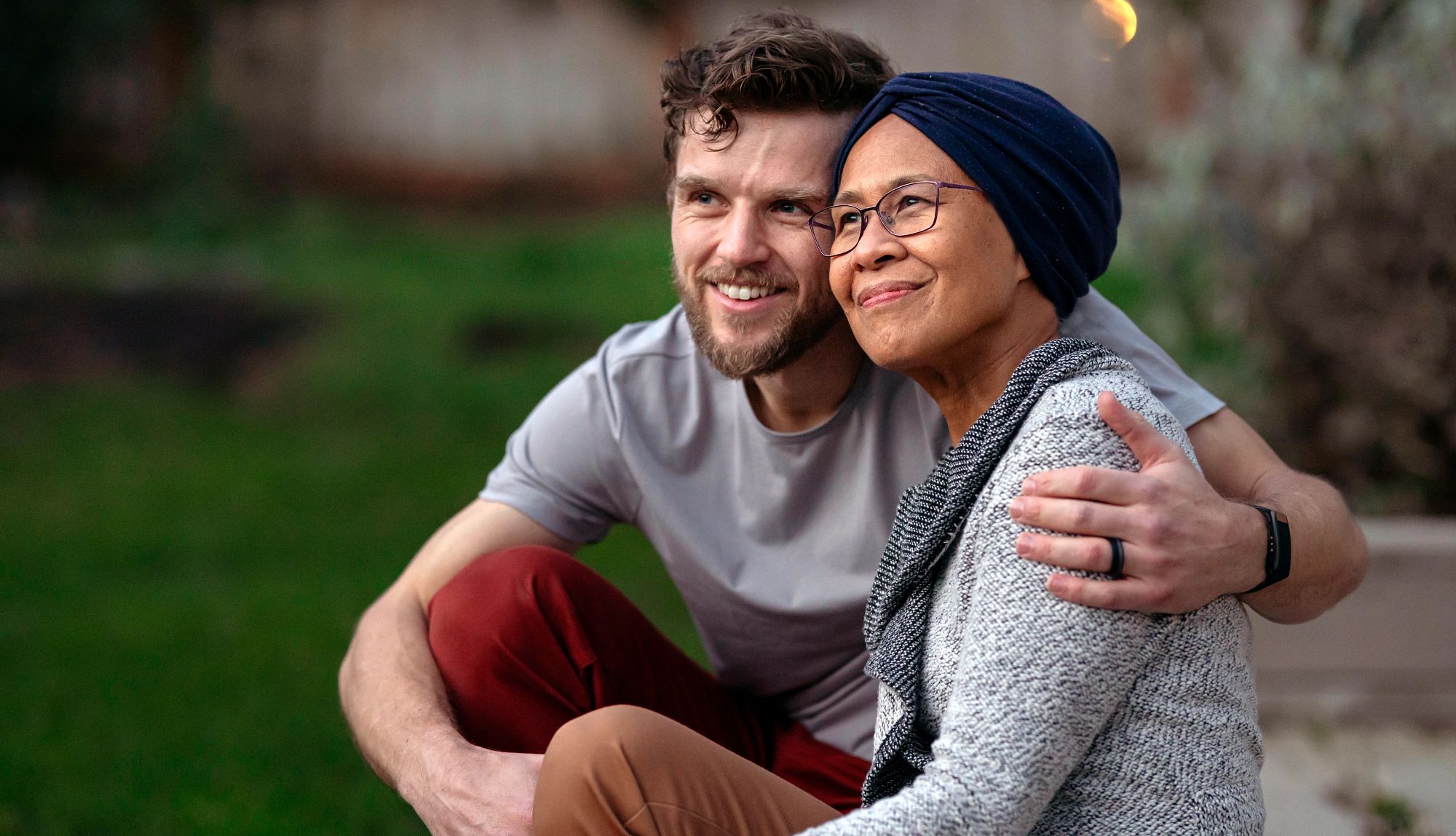



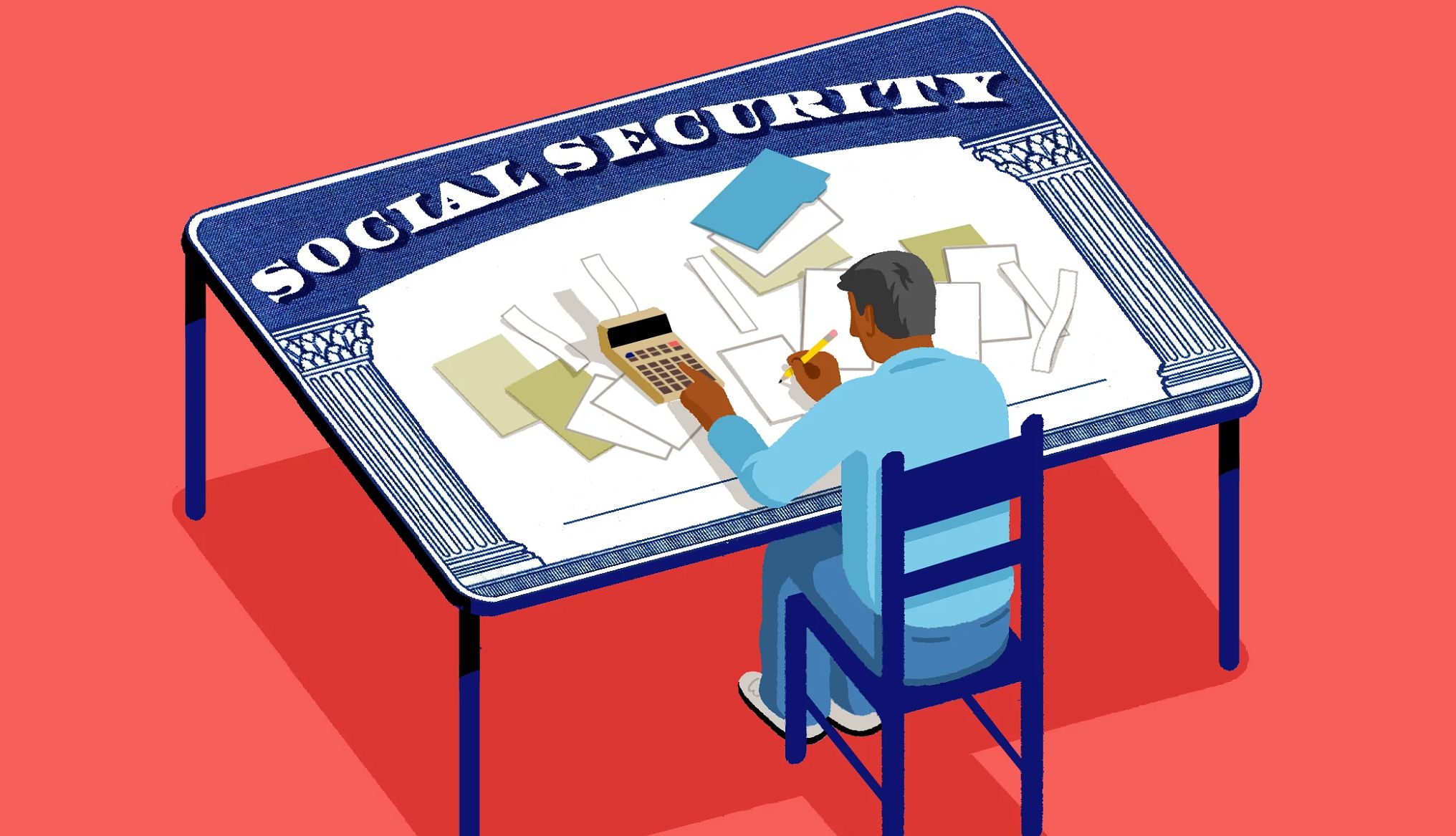

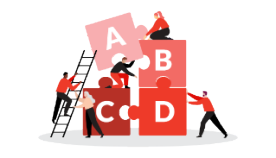


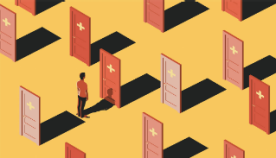
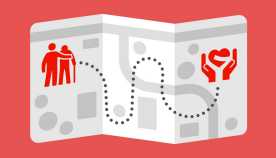








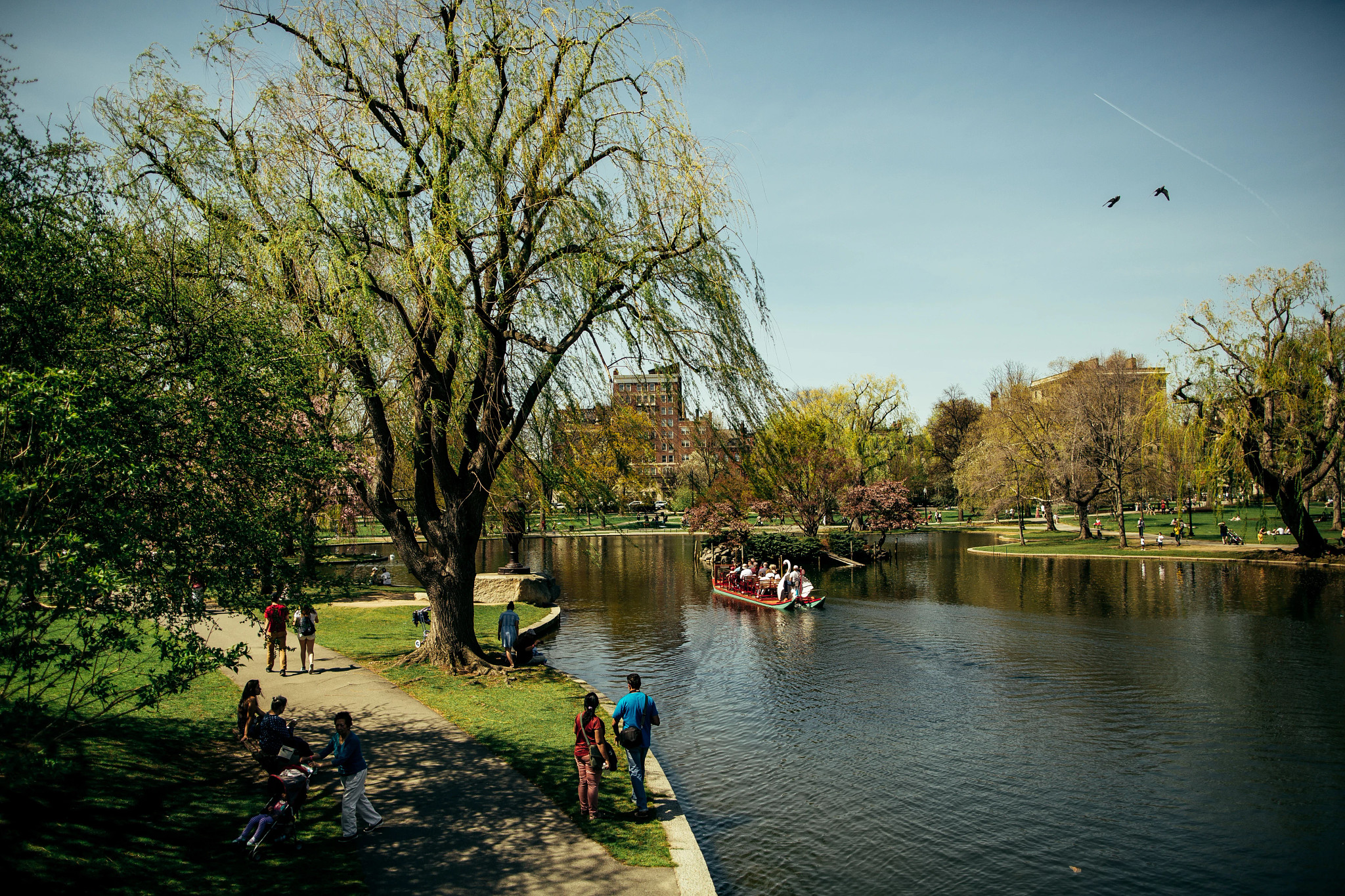.jpg?crop=true&anchor=13,195&q=80&color=ffffffff&u=lywnjt&w=2008&h=1154)

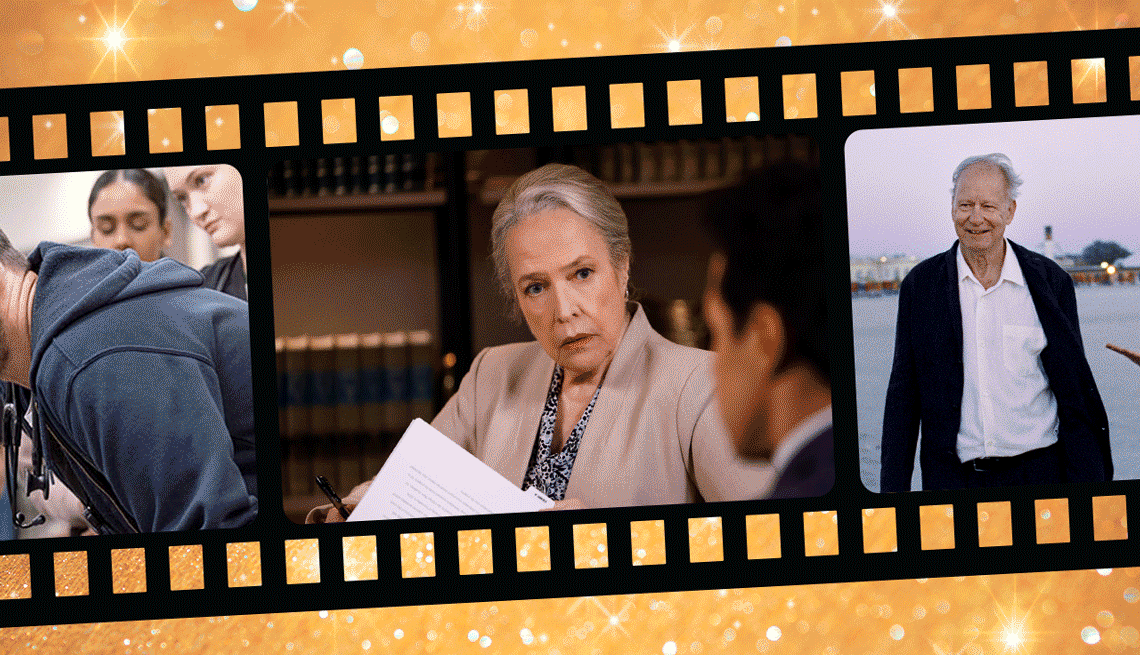















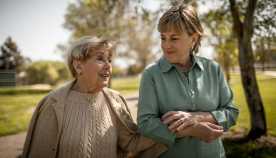









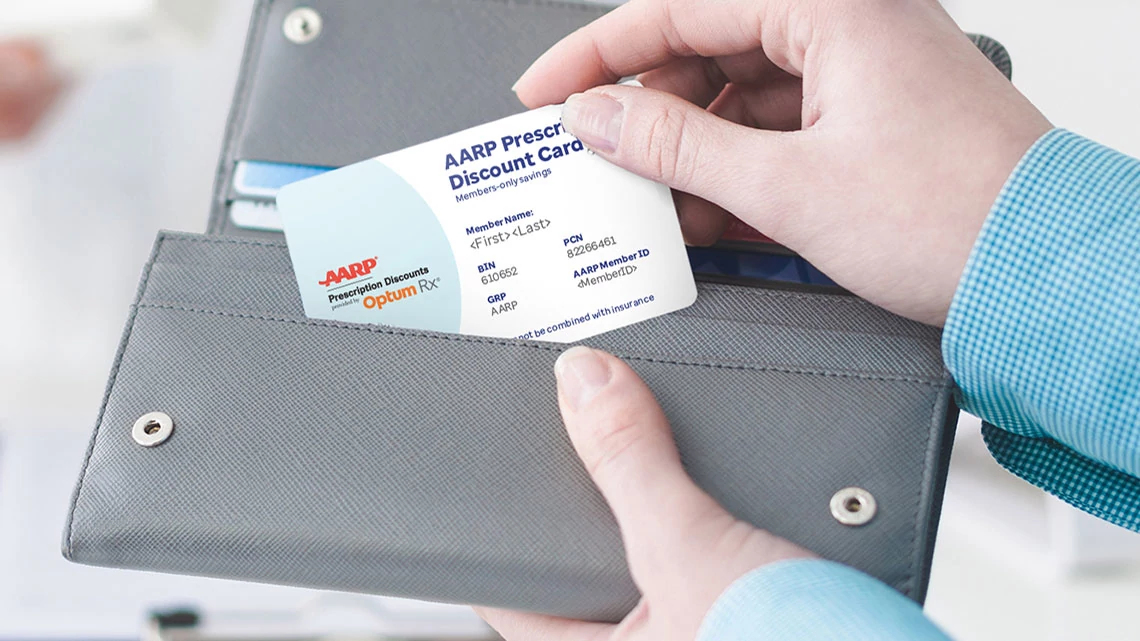
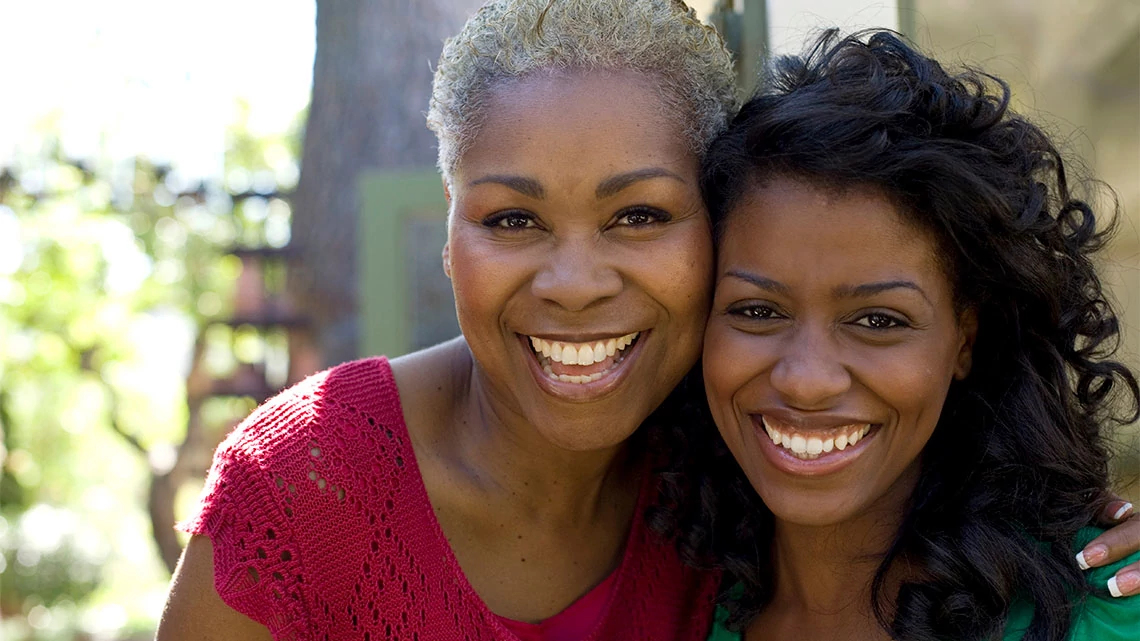

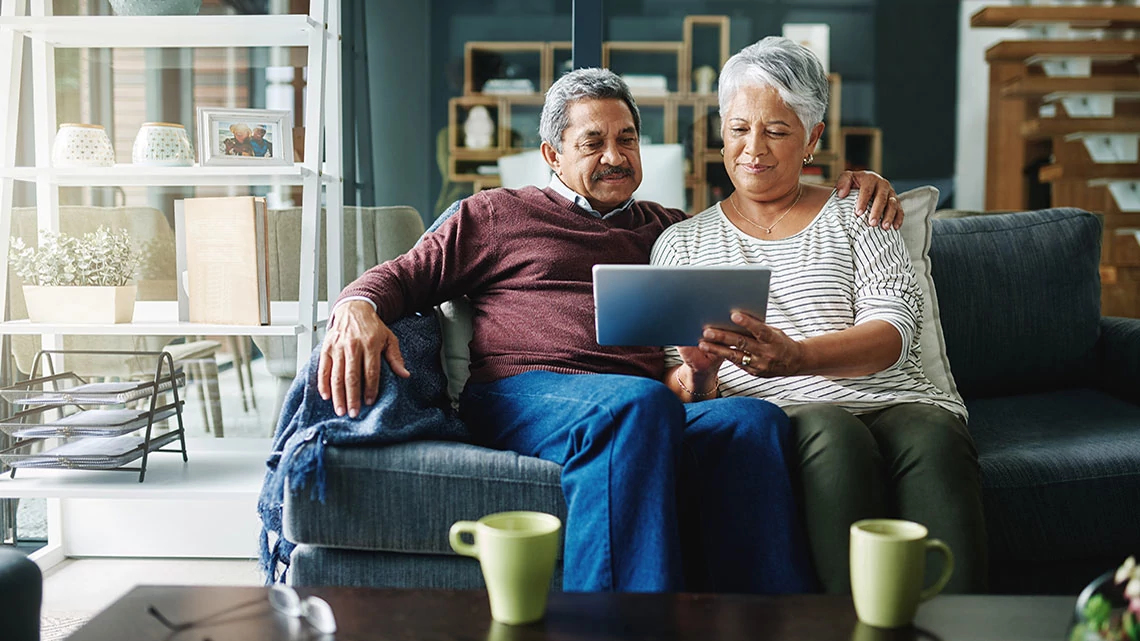
También te puede interesar